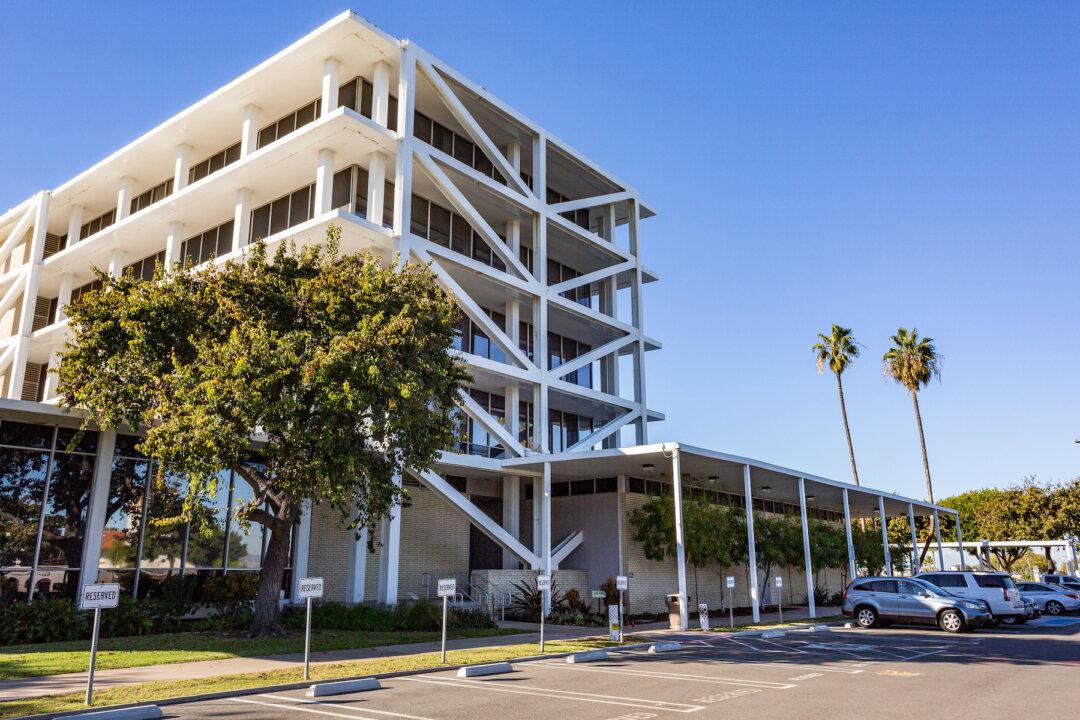Commentary
I am fully aware that probably some 8 out of 10 people do not appreciate media pieces that are heavily focused on numbers. When I practiced as a Certified Public Accountant and Certified Financial Planner, I realized that most people need professional assistance for many of their fiscal decisions.





